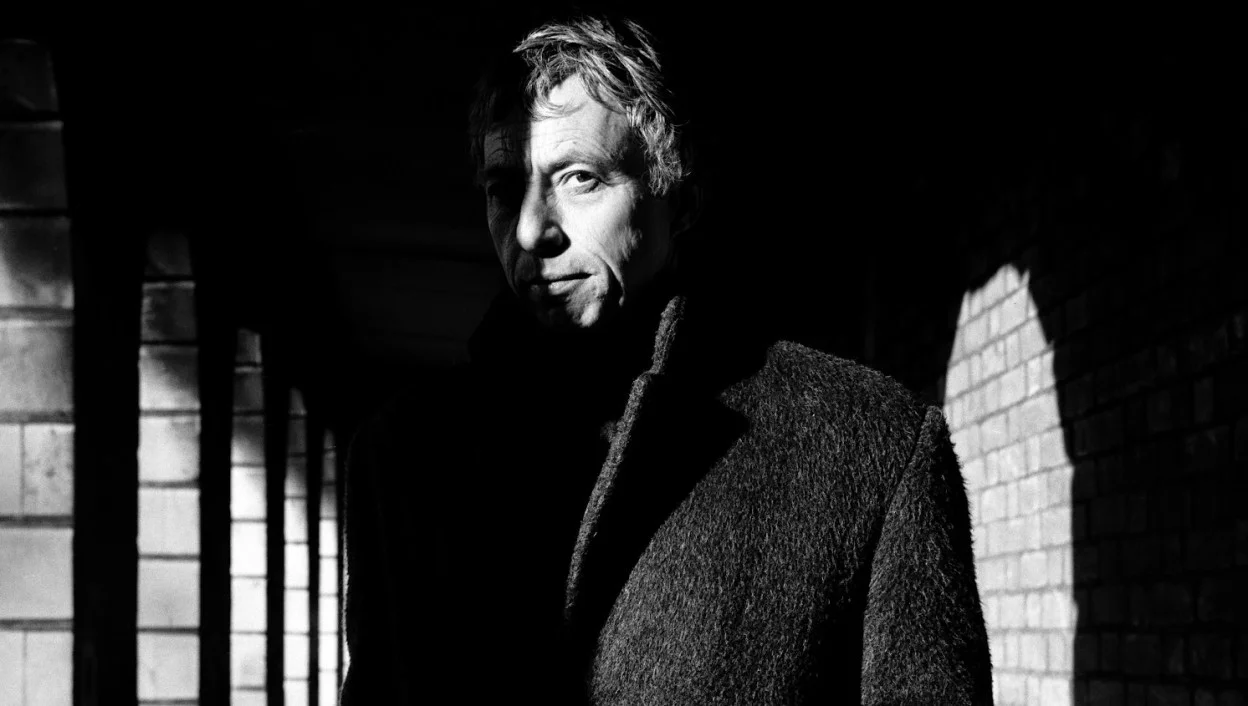
American composer and poet Harold Budd (1936– 2020) photographed on 13th December, 1988. /John Stoddart/Getty Images
Qalam strives to explore the interpenetration of different cultures. To this end, we have decided to launch a series of playlists in which music mediates between different geographical and ideological spaces. Our first playlist is called ‘West to East: One Hundred Best Songs’. It will be updated several times a week, and its curation will focus on how Western pop culture has reflected the realities of the East, whether they are musical, geographical, religious, or political. (The terms ‘West’ and ‘East’ should be taken as broadly and arbitrarily as possible.)
Harold Budd, who died a few years ago, was a gifted, serene minimalist composer from Los Angeles. He started with the academic avant garde genre but became famous for his experiments with atmospheric piano and vinyl records in the more popular and grateful* ambient music genre. In the 1990s, the emerging club culture embraced his soothing music experiments for their chillout sessions.
The track ‘Bismillahi 'Rrahman 'Rrahim’ opens the 1978 vinyl The Pavilion of Dreams, produced by Brian Eno, who had a lot of influence on the American. However, it was Budd who nudged the composer toward softer and more dreamy sounds and welcomed him into the pavilion of dreams itself.
In Islamic theology, the words ‘Bismillahir Rahmanir Rahim’i
